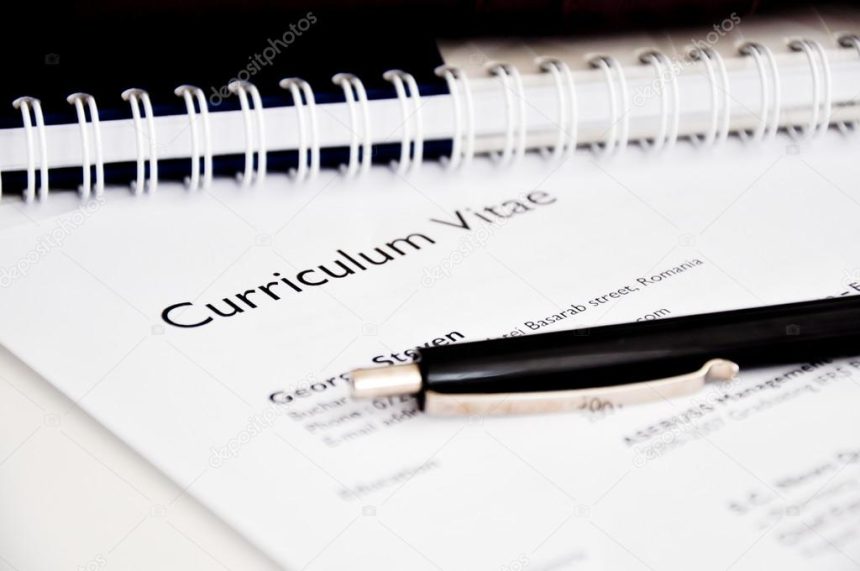The question of how long a CV should be is a tricky one because a CV that is too short means you won’t get enough information across. But one that is too long may turn off recruiters and employers.
Erick Muge, a career coach and a professional CV writer, points out that the optimal length of a CV relies on various factors, such as one’s professional background, industry, the particular position you are seeking, the volume of applications received, and your career stage. He asserts that,
One page is appropriate for you if:
- You recently graduated from school: If you are a recent high school or college graduate and do not have much work experience, a one-page CV featuring your coursework, school projects, volunteer work, and relevant advanced courses or extracurriculars is sufficient.
- You have less than two years of work experience: If you have less than two years of experience and are applying for a similar position to the one you currently hold, keep your CV to one page. Include relevant work experience or credentials, and exclude anything that is not related.
- This is a career transition: If you are transitioning to a new career path that does not require previous work experience, keep your CV to one page.
Consider a two-page CV if:
You have more than two years of work experience: If you have been working for two years or more, it may be appropriate for your CV to be two pages.
Three pages are ideal for you if:
- Your profession requires a CV instead of a resume: If you are a researcher, doctor, professor, or another profession that requires many certificates and licenses, it is appropriate for your CV to be three pages or more.
- You are employed by or applying for a job with the government: Include all information you deem necessary to meet the requirements, as government employers tend to be rigid and bureaucratic.
However, having in mind that we are in the age of applicant tracking systems (ATS), it is recommended that you have a short and key detailed CV. Since many ATS systems are programmed to look for specific keywords and phrases, lengthy CVs may not be fully scanned or properly processed by these systems.
In the article “What are the best CV formats?“, Patricia Awori, a Senior Talent Acquisition Specialist, shares 3 CV formats based on her experience of reviewing hundreds of CVs:
- Reverse chronological CV format,
- Skill-based format and
- The combination CV format.
Patricia explains how the type of CV format can affect the presentation and impact of a CV. She explains the pros and cons of each format and recommends the best format for different career situations.
For example, the functional CV format is recommended for individuals with career gaps, while the chronological format is best suited for those with a consistent work history. The article emphasizes the importance of choosing the right format for a CV, as it can greatly impact how long your CV should be and thus your chances of getting hired.
Conclusion
In a world where employers are swamped with CVs, it’s essential to make yours stand out and be as succinct as possible. The rules of thumb for a CV length are simple: keep it to one page and no more than two pages. Do not skimp on the details. Make sure the most pertinent information is included and that your CV reflects the skills and experience of the role you’re applying for. This way, you’ll be sure to give it the attention it deserves – and get the job.




